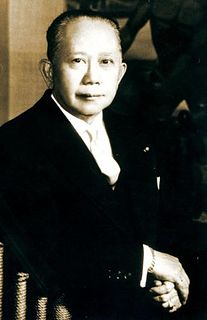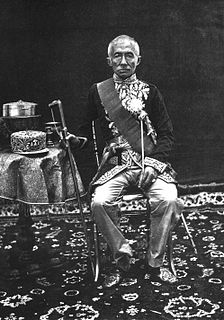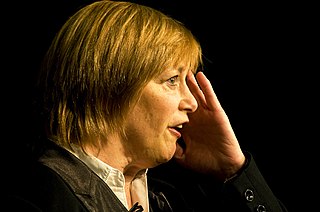A Quote by Umberto Eco
I believe that what we become depends on what our fathers teach us at odd moments, when they aren't trying to teach us. We are formed by little scraps of wisdom.
Related Quotes
What we men share is the experience of having been raised by women in a culture that stopped our fathers from being close enough to teach us how to be men, in a world in which men were discouraged from talking about our masculinity and questioning its roots and its mystique, in a world that glorified masculinity and gave us impossibly unachievable myths of masculine heroics, but no domestic models to teach us how to do it.
Feelings like disappointment, embarrassment, irritation, resentment, anger, jealousy, and fear, instead of being bad news, are actually very clear moments that teach us where it is that we’re holding back. They teach us to perk up and lean in when we feel we’d rather collapse and back away. They’re like messengers that show us, with terrifying clarity, exactly where we’re stuck. This very moment is the perfect teacher, and, lucky for us, it’s with us wherever we are.
Let us teach our people again to be proud that they are Filipinos. Let us teach them to realize anew that being a Filipino means having as rich and noble a heritage of language, culture, patriotism and heroic deeds as any nation on earth. Let us teach a steadfast faith in Divine Providence, a stable family institution, the unhampered enjoyment of civil liberties, the advantages of constitutional government, the potentials of a rich and spacious land.
I don't believe in "original sin." I don't believe in "guilt." I don't believe in villains or heroes - only right or wrong ways that individuals have taken, not by choice but by necessity or by certain still-uncomprehended influences in themselves, their circumstances, and their antecedents. This is so simple I'm ashamed to say it, but I'm sure it's true. In fact, I would bet my life on it! And that's why I don't understand why our propaganda machines are always trying to teach us, to persuade us, to hate and fear other people on the same little world that we live in.
We become male automatically because of the Y chromosome and the little magic peanut, but if we are to become men we need the helpof other men--we need our fathers to model for us and then to anoint us, we need our buddies to share the coming-of-age rituals with us and to let us join the team of men, and we need myths of heroes to inspire us and to show us the way.
Jesus Christ does not teach us a spirituality “of closed eyes”, but one of “alertness”, one which entails an absolute duty to take notice of the needs of others and of situations involving those whom the Gospel tells us are our neighbours. The gaze of Jesus, what “his eyes” teach us, leads to human closeness, solidarity, giving time, sharing our gifts and even our material goods.





































